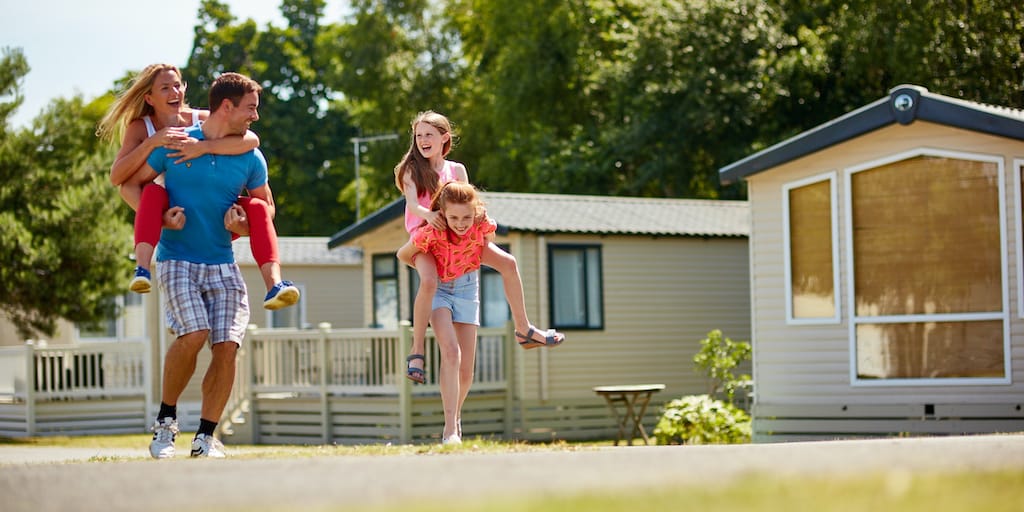Taking root: Lakeland holiday park’s new recruits in red crusade

An army of Scots pine trees is being raised at an Ambleside holiday park to help defend Cumbria’s threatened red squirrel population.
The battle lines are being drawn in the 130-acres grounds of Skelwith Fold caravan park which in recent years has recorded a growth in the number of reds.
Now the family-run business is bidding to secure their future with a two-prong tree attack.
The scores of Scots pines being planted will produce seeds which are much loved by red squirrels – and provide habitats for pine martens, the deadly enemy of grey squirrels.
Henry Wild, whose family has owned the park for more than 20 years, says the trees will help hasten the spread of pine martens from Scotland to Cumbria:
Securing future for Red Squirrels
“Grey squirrels are blamed for the drastic decline of our native reds, but pine martens have been shown to keep their numbers right down as they prey readily on the greys,” he said.
“Reds aren’t such easy meat because they are light enough to get to the end of branches where the martens can’t follow, and are less dependent than greys on foraging on the woodland floor.
“Martens are also very beautiful and shy creatures being members of the otter and badger family, and the Scots pine is one of their favourite locations for building nests.
“Red squirrels also adore the seeds in the cones of the trees, and that’s why we’ve decided to make Scots pines the heroes of our planting programme this year,” added Henry.
The new recruits in Skelwith Fold‘s grapple with the greys are occupying an area of the park’s woodland which was thinned of beech trees during this winter.
The problem, says Henry, is that the dense canopy of the beech tree cast a dark shadow on the forest floor and produced a dense carpet of fallen leaves and seed husks.
These prevented most other woodland plants from growing, many of them the type of species – such as Scots pine – which can provide food and habitats for a wealth of wildlife.
In time, said Henry, the Scots pines – which are native to Britain – will grow to more than 100-foot tall, and still be providing a reprieve for the reds in 500 years time.
Skelwith Fold’s commitment to the natural world has once again this year earned it the prestigious David Bellamy Conservation Award at its top gold level.
The park was also crowned last year as Lakeland’s top holiday park in the Cumbria Tourism Awards when it took the overall top spot in the competition.
Skelwith Fold‘s 450 pitches include luxury glamping pods, safari tents, holiday homes to own, and touring pitches for touring caravans and motorhomes.



